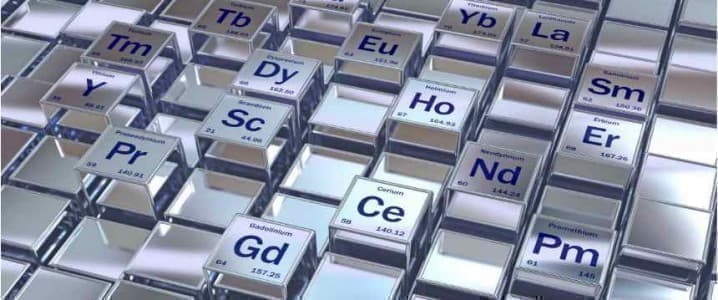Researchers at the University of Exeter and the Australian National University published a study that may help pinpoint new, untapped neodymium and dysprosium deposits.
In the paper – which appeared in the journal Science Advances – the scientists say they conducted a series of experiments that showed that sodium and potassium – rather than chlorine or fluorine as previously thought – were the key ingredients for making these rare earth elements soluble.
According to the experts, this is crucial as it determines whether they crystalize – making them fit for extraction – or stay dissolved in fluids.
In detail, the team led by Michael Anenburg simulated the crystallization of molten carbonate magma to find out which elements would be concentrated in the hot waters leftover from the crystallization process.
The trial showed that sodium and potassium make the rare earths soluble in solution. Without sodium and potassium, rare earth minerals precipitate in the carbonatite itself. With sodium, intermediate minerals like burbankite form and are then replaced. With potassium, dysprosium is more soluble than neodymium and carried out to the surrounding rocks.
“My tiny experimental capsules revealed minerals that nature typically hides from us. It was a surprise how well they explain what we see in natural rocks and ore deposits,” Anenburg said in a media statement.
For co-author Frances Wall, the experiment turned out to be an elegant solution that helps better understand where ‘heavy’ rare earths like dysprosium and ‘light’ rare earths like neodymium’ may be concentrated in and around carbonatite intrusions.
“We were always looking for evidence of chloride-bearing solutions but failing to find it. These results give us new ideas,” Wall said.
Neodymium and dysprosium are essential for the production of digital devices and clean energy infrastructure such as wind turbines and electric car motors.
By Mining.com
More Top Reads From Oilprice.com:


















